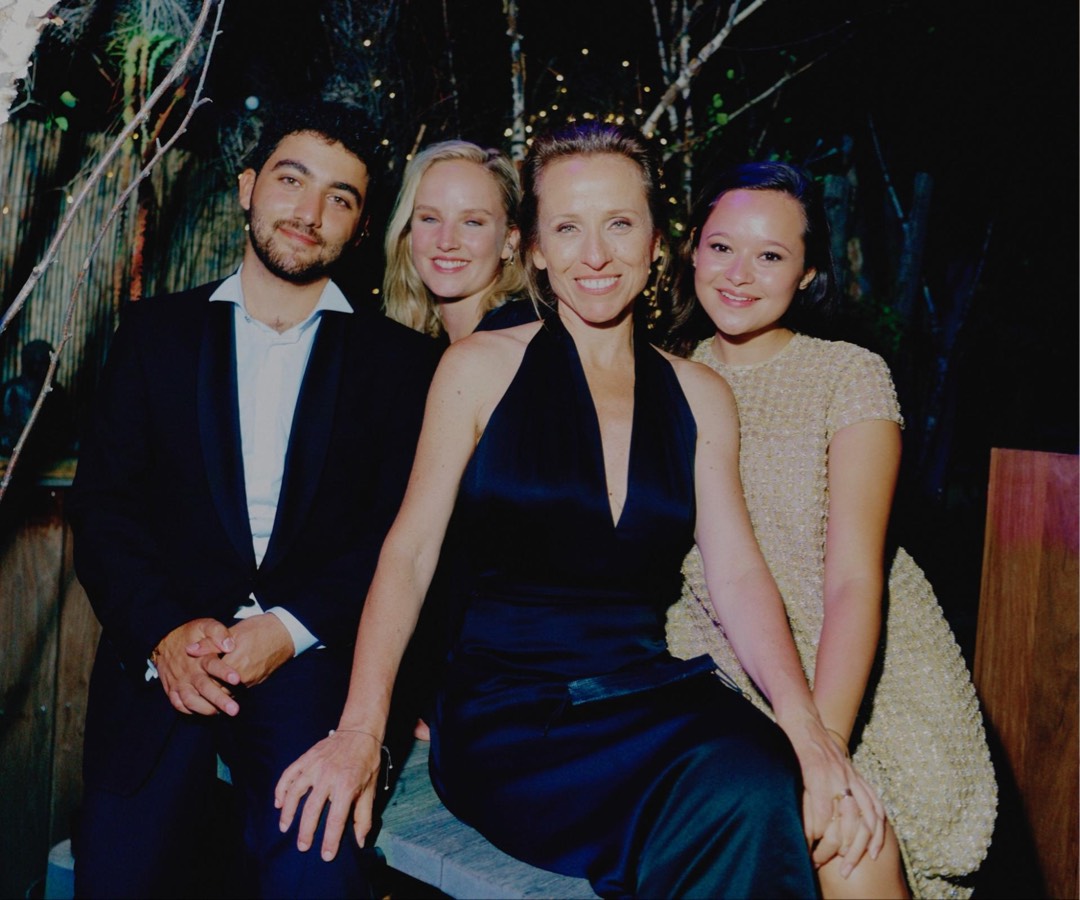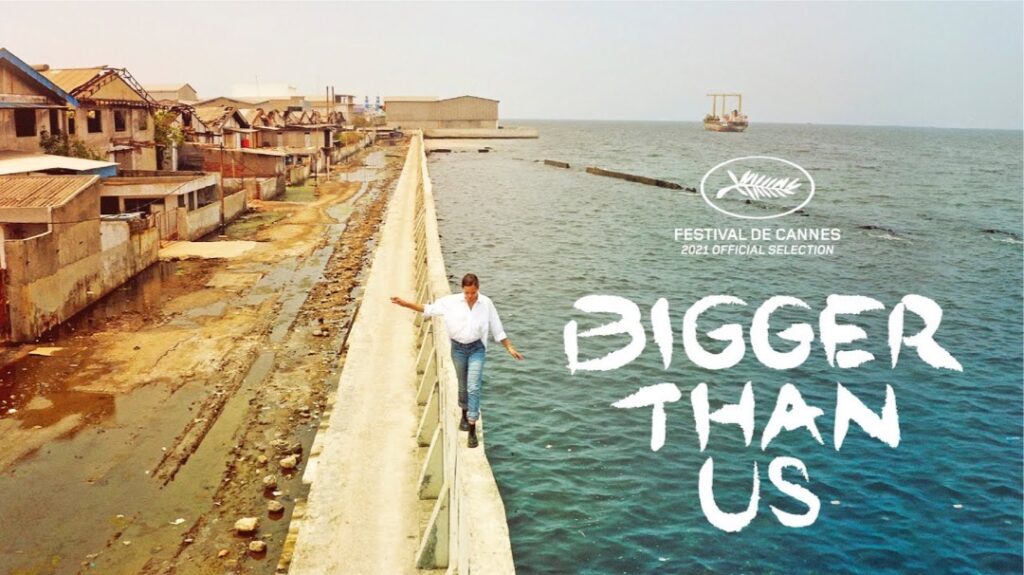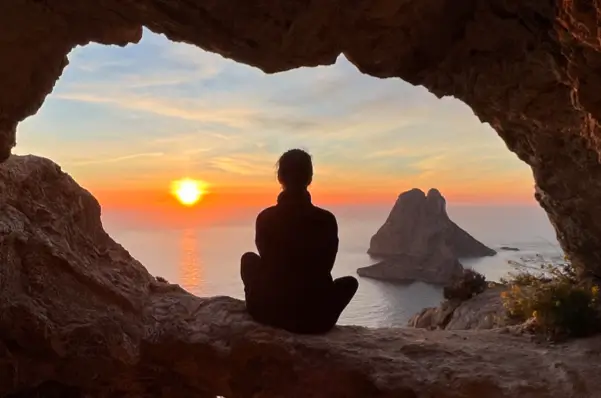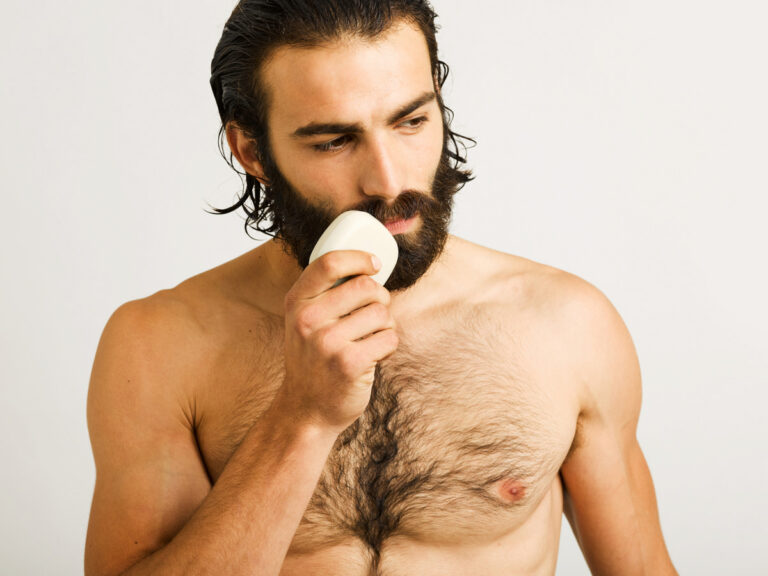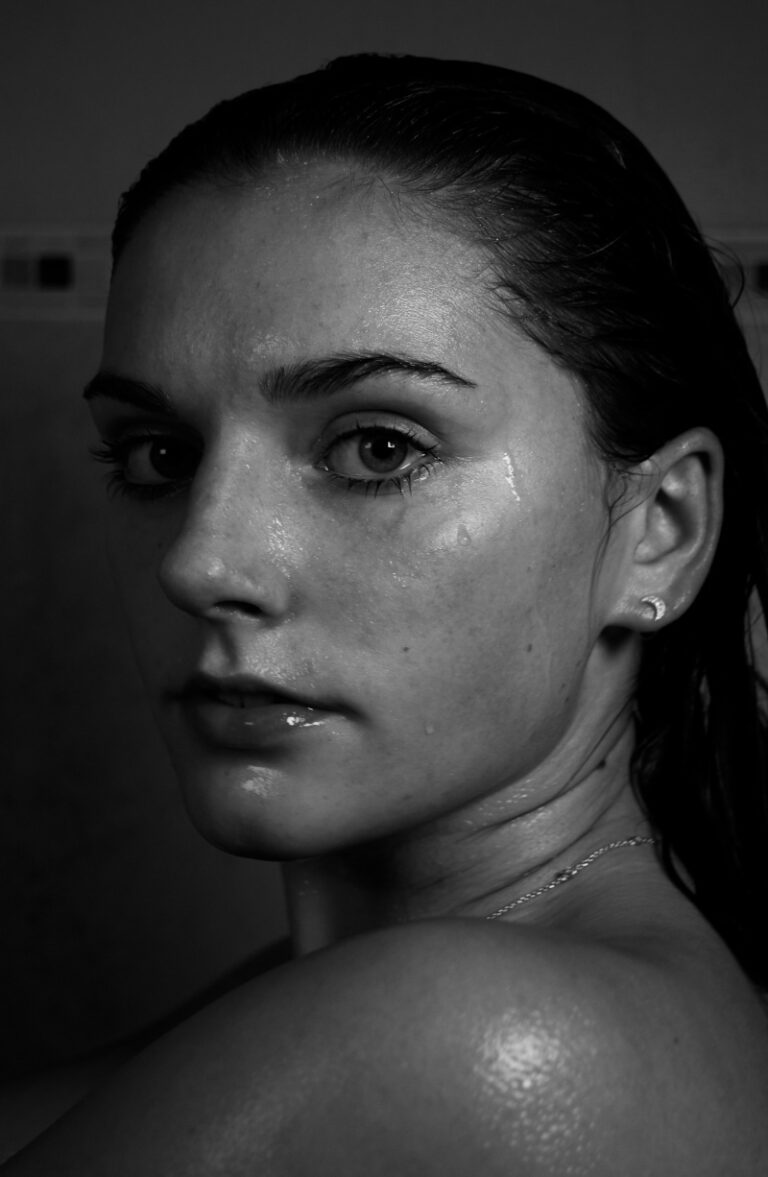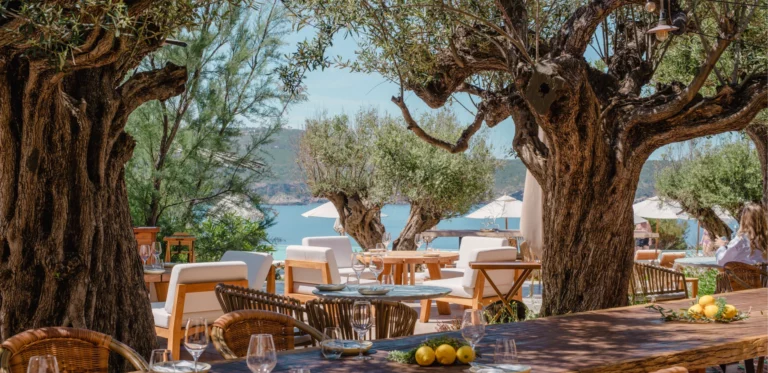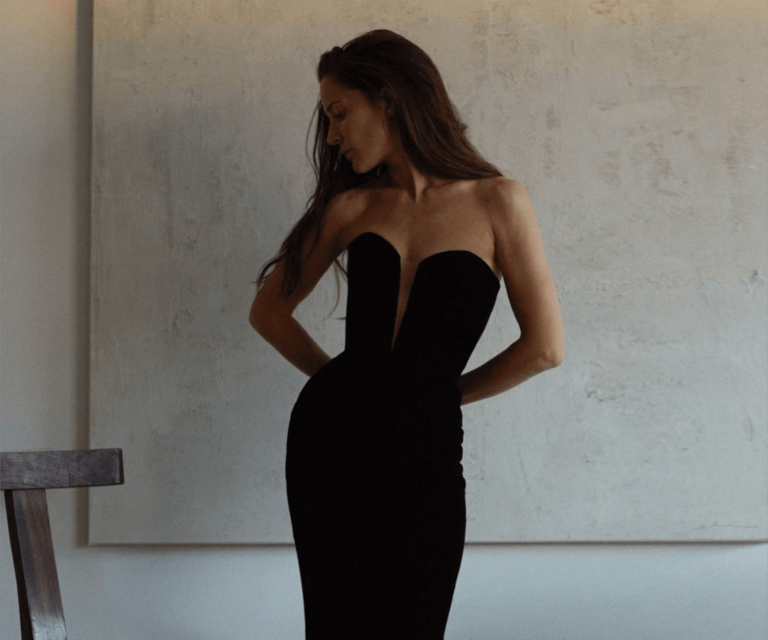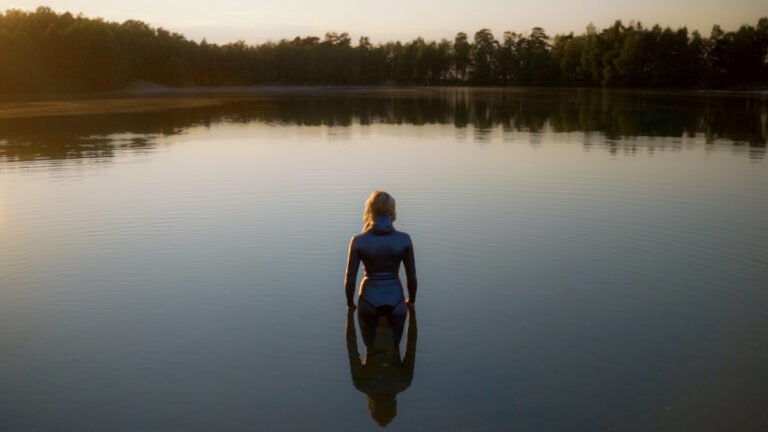There’s a moment in Flore Vasseur’s film Bigger Than Us, where the central figure in the story, youth activist Melati Wijsen, is in Lebanon talking to the students at Mohamad’s school for refugees about how change starts. She draws a stick figure on the white board and points to it. “It starts with one person talking,” says Melati. She begins to draw more people, showing the ripple effect. The scene acts as a reminder that it all begins with one individual.
It’s a moment that personifies Flore Vasseur, the film’s director and producer. A woman who has made it her life’s purpose sharing the stories when those people start talking. A mother who is doing her best to make sure that their voices don’t just ripple, they create a wave.
For the last two decades the France-native has made it her mission to follow the thread of the big questions that are pulling at the fabric of our society. She shines a light on those whose stories and purpose shape the zeitgeist, from more well-known names like whistleblower Edward Snowden, to activists like the seven young changemakers from around the world whose passion and purpose form the basis of her latest film Bigger Than Us.
Flore wasn’t always on this path but like many there was a moment in our collective history that changed her forever. The successful entrepreneur was riding the wave of the Internet bubble with a thriving marketing consultancy company based in New York City. The more she worked the more disconnected she started to feel but she continued on the path laid before her. Then, September 11th. Her boyfriend at the time was supposed to be in one of the towers and Flore witnessed the whole tragedy firsthand nearby.
“It was then I realized that the instructions that I had been following were not fair for me. They were wrong for all of humanity. The very idea of being the best, the most competitive, the richest, at any cost, was really killing us,” explains Flore. “Standing on the rooftop that day I knew there was a door opening for me to exit from that trajectory and I was going to step through it.”
Since then Flore has tried to understand where the threats are truly coming from. “What is it that we are sending to the world and that would come back in a form of a bomb? Who are the bombs? Are we the bombs?” Flore considers. “All my work has been to try to answer these questions.”
She closed her company in New York, moved back to France and began her search for answers, writing fiction on what she understands about our system, sharing the stories of the people she met as she followed the thread. In 2016, her work with activists Birgitta Jonsdottir and Larry Lessig, resulted in her heading to Moscow to direct the documentary Meeting Snowden.
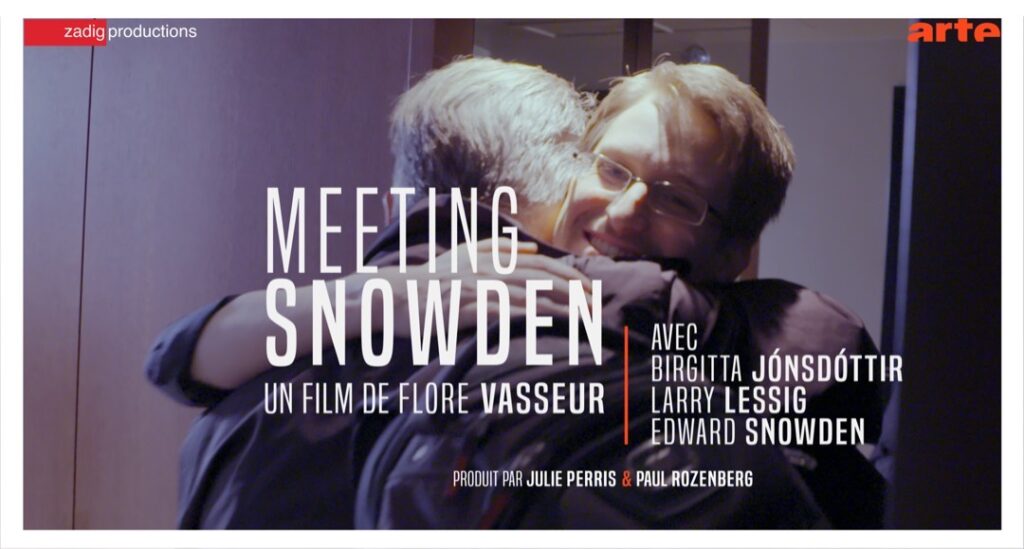
It was her meeting with Snowden that inspired the creation of her production company, Big Mother Productions. Launched after her work with the whistleblower, Flore had the idea that to fight against Big Brother surveillance we have to be big mothers.
“We have to care about those around us and our environment. We have to protect it, nourish it, and make safe spaces,” explains Flore. “The name is positioned against this trend of big brother society but it speaks to our position in this world and to what I’m trying to do as a mother, as a woman. I’m trying to put life as a top priority, I am trying to help others to rise up. All the things that mothers do.”
Bigger Than Us was born out of Flore’s role as a mother. In 2016, her then seven-year-old son asked her a question: “What does it mean that the planet is going to die?” The resulting conversation and a feeling of being unable to properly answer the questions he had, including “What are you doing to save the planet?” coupled with a synchronous timing of her watching the TED Talk by Melati and Isabel Wijsen, two Indonesian activists who took on the momentous task of banning plastic bags on the island of Bali (at just 15 and 12 respectively), led to her next film idea, which became Bigger Than Us.
In an interview for the film Flore puts it beautifully: “At that moment, I crossed paths with the genius of childhood. That of my kid. It all starts with a great question. We adults usually miss it. We no longer wonder” says Flore. “I love this phrase, from the Polish pediatrician Janusz Korczak, which has guided me a lot:
“To rise at the level of a child, you have to stand on your toes.”
While the film covers a range of social issues, climate change is one that looms large. On a personal level, Flore tries to minimize plane travel, car rides, eating meat and new clothes to honor the earth. She makes her own laundry detergent and toothpaste (for the very fun of it) and is always on the lookout for alternatives to plastic, including when it comes to plastic shampoo and conditioner bottles in the shower.
“I have respect for my hair so I’ll leave making shampoo to the professionals,” she jokes.
Beauty Disrupted’s consciously crafted gender-neutral beauty bars are 100% plastic-free and although their zero plastic policy stood out to Flore, it was the essence behind the company that also had an impact.
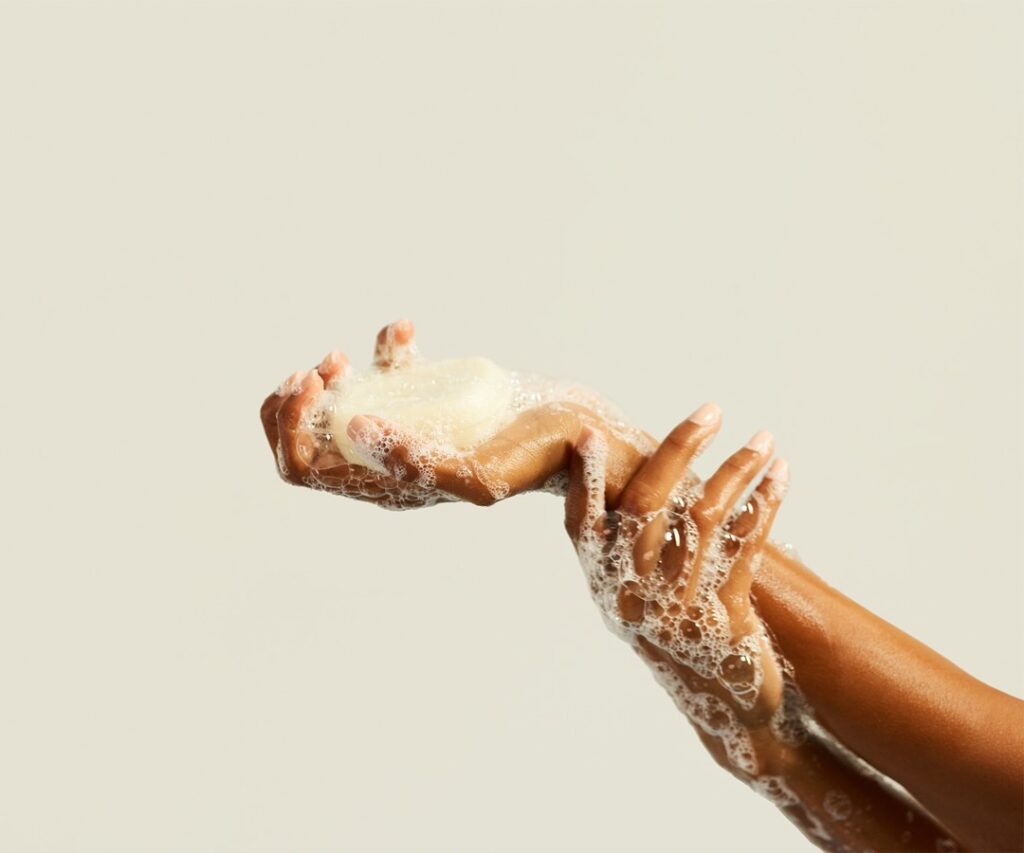
“I’m mad at the beauty companies who have created a limited definition of what beauty is. The ones who have brainwashed us, all of my childhood, to believe we should conform to a very specific definition of beauty, especially as women,” says Flore. “At last there is a company [like Beauty Disrupted] that is not trying to impose on me who I should be or what I should look like. But who just try to help.”
Flore likens Beauty Disrupted’s holistic, all-encompassing approach to beauty to the rich vastness of the beautiful characters of her film, who shine from the inside.
“Beauty is not about perfection. Quite the opposite. It’s a vibe, a light, a presence. We need to rethink what beauty is, and this is something that Beauty Disrupted is trying to bring forward,” adds Flore. “Beauty is everywhere.”
And Flore sees it everywhere, in spite of the serious issues that her work tackles. Her books — from economic political thrillers to her most recent book, Ce qu’il reste de nos rêves (What Remains of Our Dreams), that explores the journey of internet prodigy and hacktivist Aaron Swartz — to her films and her articles, all help her inner fire burn that much brighter. The people she meets, the stories she tells, they are all her why. Seeing her speak of them you can see her own flame, her own powerful beauty burning bright, and in turn lighting that same flame in others.
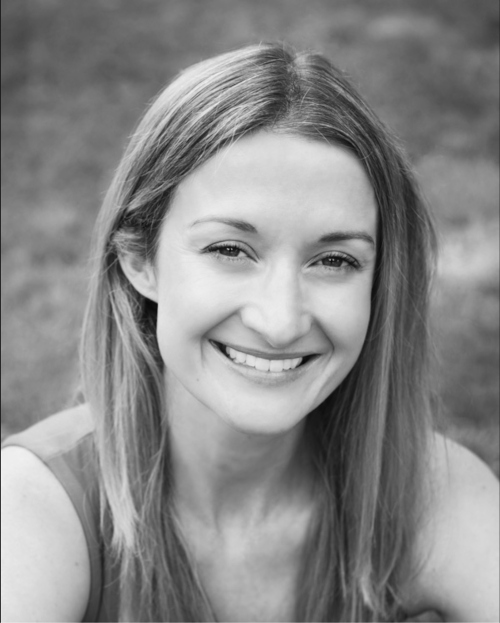
Karryn Miller is a native of Auckland, New Zealand, for whom “home” has also meant Tokyo, Hanoi, Mumbai, Seoul, and Washington, DC. As a hotel public relations consultant with a passion for travel, she has also published pieces in dozens of travel books, magazines, and newspapers around the world. Most recently, together with a global collective of mothers, she co-authored the book Mother Wild, and launched a series of wellness retreats. In 2021 Karryn relocated with her family to the second snowiest city in the world, Sapporo, on the island of Hokkaido in northern Japan.

